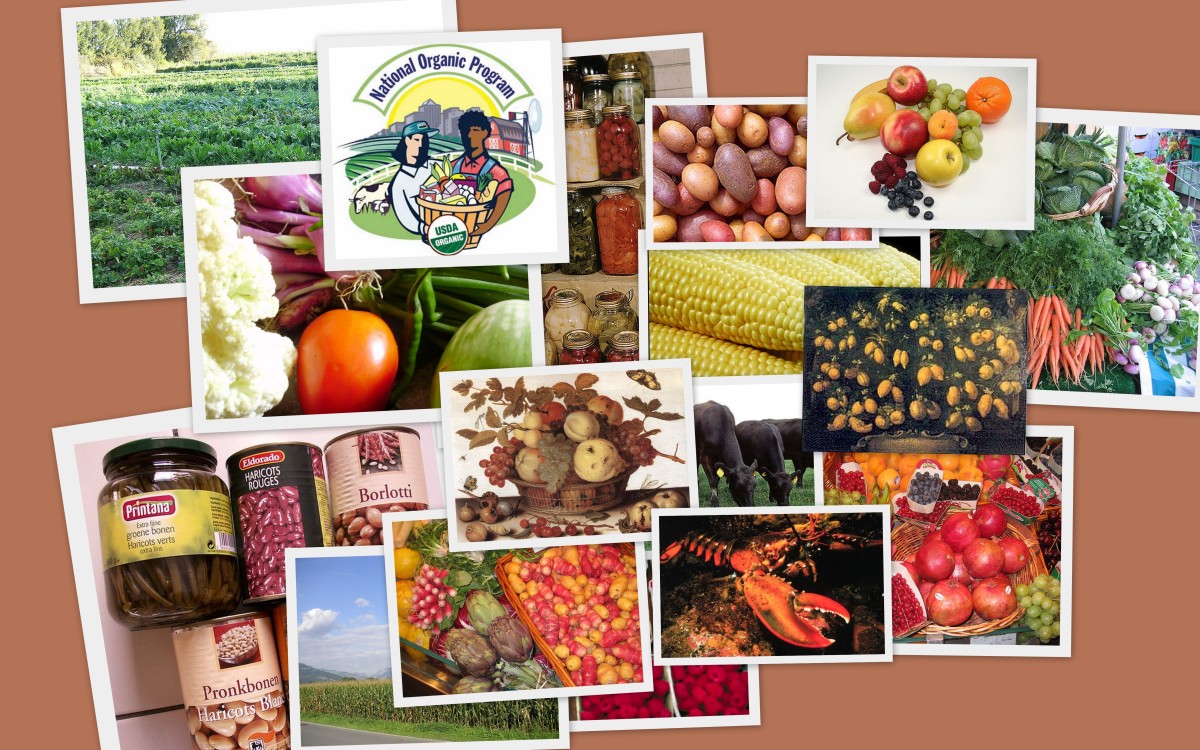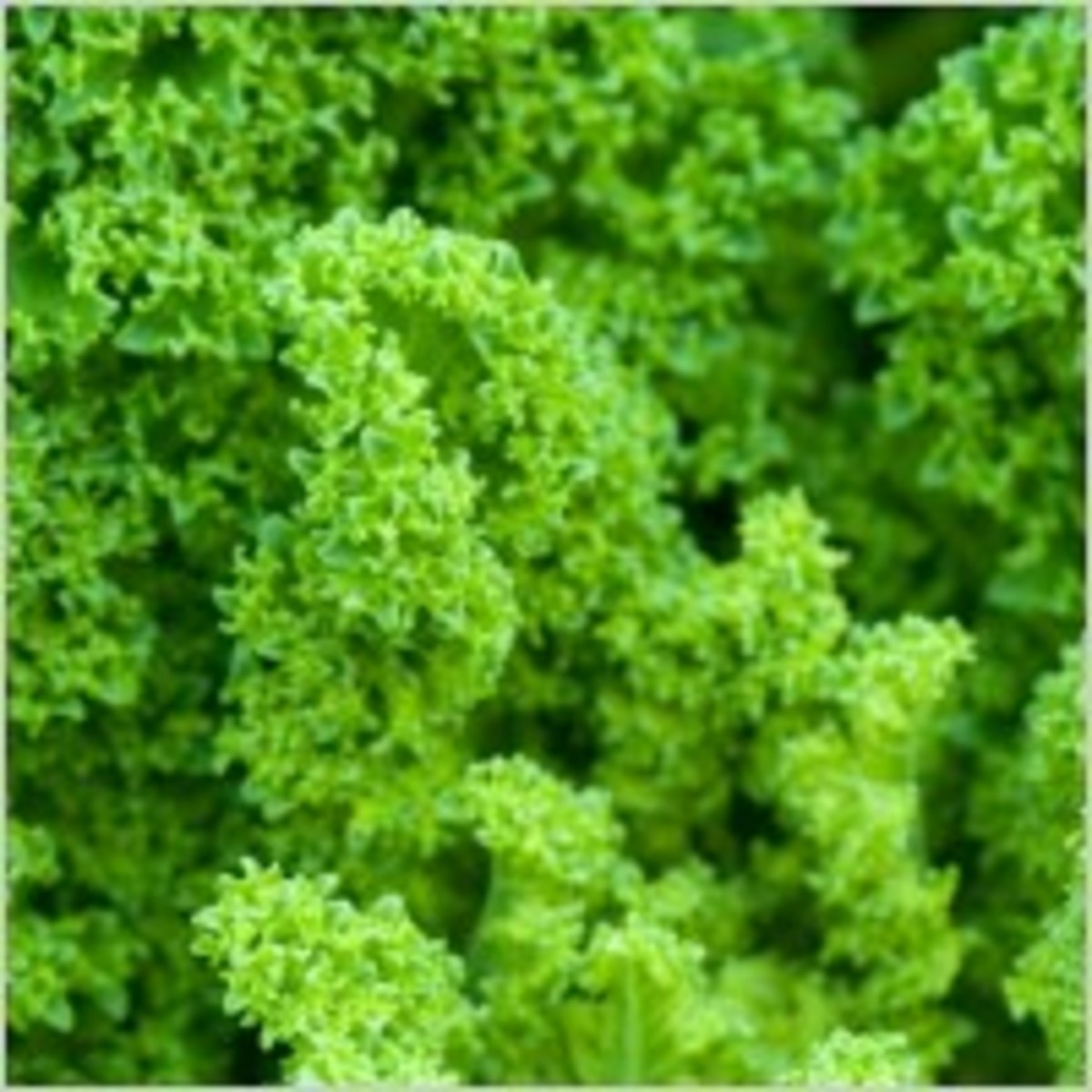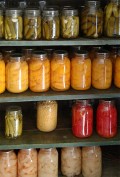Organic Foods Eat Smarter and Healthier
The grocery stores that we know today look totally different than several years ago. You have sections with organic produce and sections with non-organic produce. However, do you know the difference between the two of them and if not which do you prefer to purchase? Here are some of the benefits of purchasing the organic produce when possible.
Now I am sure that if you looked at for example bananas and seen organic bananas right next to it you probably couldn't tell the difference. That is except for the label telling you that one is organic while the other is not labeled that way. The main difference though comes in the growing of the organic produce. The organic bananas to meet the qualifications of being organic would have to have been grown without using any chemical pesticides which can leach into your food, grown only with organic fertilizer, and cannot be processed with ionizing radiation. The really good news is that with all the genetic alterations that we see for various plants and even to some extent animals you can be assured that the organic bananas do not have that alteration.
Now you might be moving on in your grocery store and be saying well I always see Organic eggs and then regular eggs as well. How do I know which one to buy for my family? Well that is easy because the organic eggs have a higher taste quality in my opinion, but the taste is not the only issue as the animal health is also considered for the eggs to be classified as organic. The organic egg laying birds are usually free range chickens which mean they are allowed to roam around on the land. The chickens also will not be given any growth hormones, steroids, or antibiotics. If you compare that to non-organic eggs most of them come from birds that are kept in a large factory setting inside of cages feed a diet that is controlled instead of being allowed to provide for their own feed.
The federal government regulates what can be considered organic. However, you will want to note that in some of your organic products they are not going to be 100% organic. However, in your food products such as eggs and vegetables those should be 100% organic. To be considered organic though the item must meet a minimum percentage of organic materials and be free of any artificial additives and not been ripened quicker using chemical methods. The easiest way to make sure that your food is organic though is to purchase straight for the organic producer or to grow your own organic garden. The government has started to make it a little bit easier for all of us though by having a label stating "certified organic" which means that they have certified that it is organic.
Now that you know a little bit more about organic food products you will want to realize that they are safer to eat. Not only do you not have to worry about the chemicals leaching into your food you can also find like I did that the taste is much better than the non-organic foods. However, you will want to be the judge for yourself and you will want to remember that you can be assured you're getting a product that won't be harmful to you.







